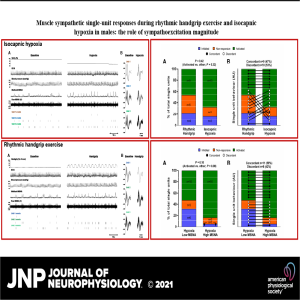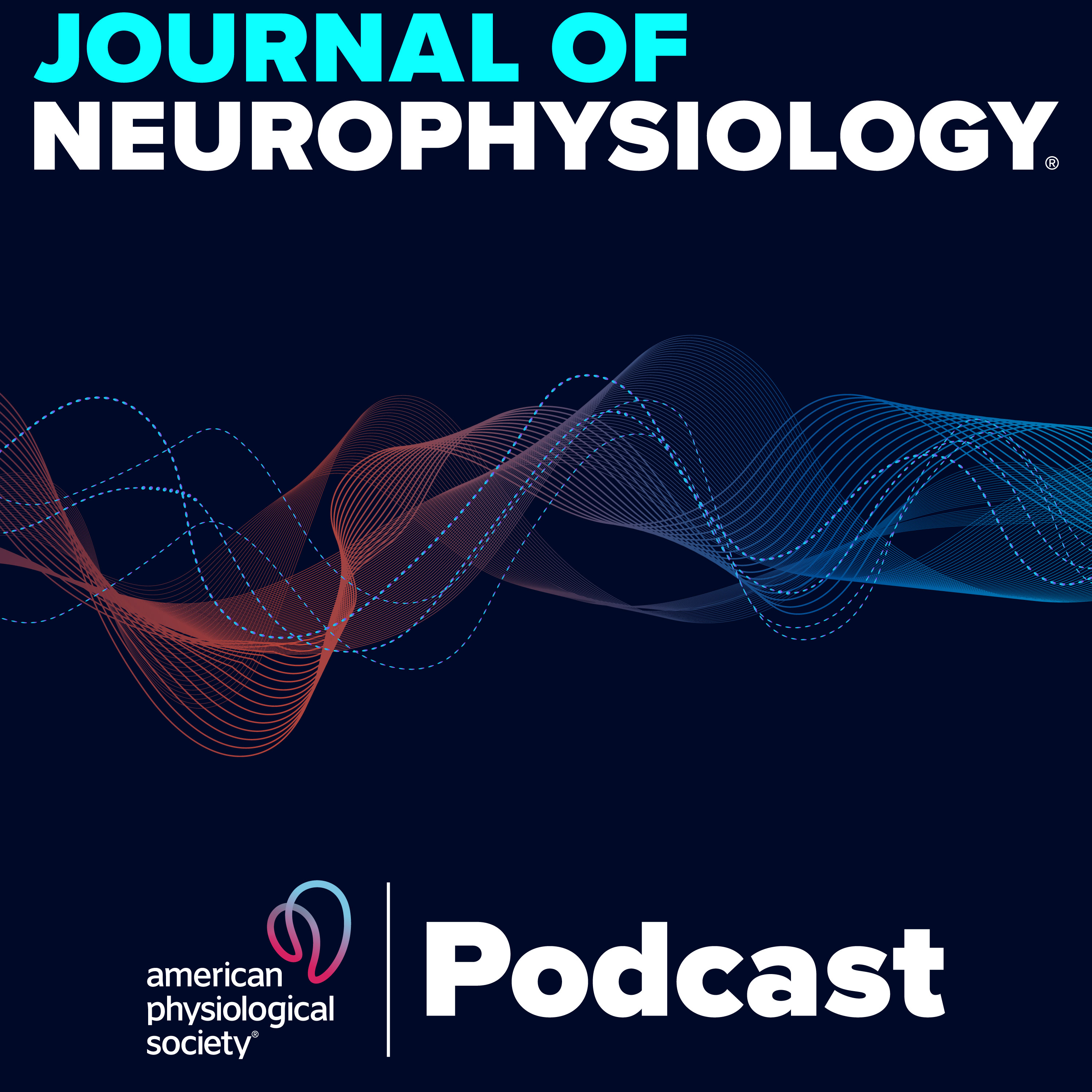Episodes

Friday Jan 21, 2022
The orchestration of the sympathetic response
Friday Jan 21, 2022
Friday Jan 21, 2022
Most of us have heard about the Flight and Fight response and the activation of the sympathetic system. But, what is often overlooked is the sheer complexity of sympathetic activation as it differentially and specifically modulates different organ systems. Different stressors activate and inhibit specific target organs, including specific muscle groups. Understanding the mechanisms how the central and peripheral nervous system interacts to control such a highly differentiated sympathetic response is challenging and we are just beginning to get a first taste of this fascinating task that our nervous system accomplishes without us being aware of it. Given the complexity of sympathetic control it should not be surprising that it can also fail and become a source of dysautonomia and other disorders. In this podcast, senior author Professor Philip Millar of the University of Guelph discusses the orchestration of the sympathetic activation with Editor-in-Chief Professor Nino Ramirez. They base their discussion on the author’s recently published manuscript “Muscle sympathetic single-unit responses during rhythmic handgrip exercise and isocapnic hypoxia in males: the role of sympathoexcitation magnitude”. Listening to this podcast you will gain not only insights into this particular manuscript, but it will raise your awareness of the astonishingly differentiated sympathetic activation in health and disease. You will also learn how microneurography can be used to characterize specific subpopulations of muscle sympathetic single units as they are activated and inhibited during mild sympathoexcitatory stress. Listen today!
Anthony V. Incognito, André L. Teixeira, Brooke M. Shafer, Massimo Nardone, Tyler D. Vermeulen, Glen E. Foster, and Philip J. Millar Muscle sympathetic single-unit responses during rhythmic handgrip exercise and isocapnic hypoxia in males: the role of sympathoexcitation magnitude Journal of Neurophysiology


No comments yet. Be the first to say something!